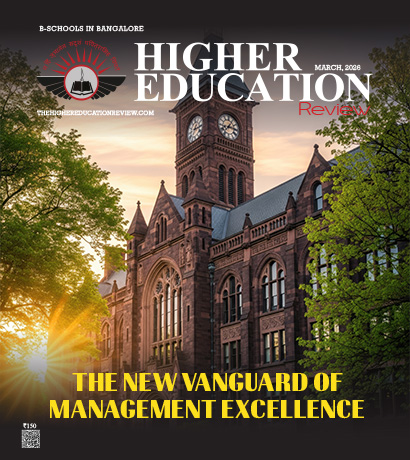The Crucible of Indias Healthcare Transformation

India’s healthcare system is one of the largest in the world, and at its foundation lays the country’s MBBS colleges and institutions that shape tomorrow’s doctors and leaders in medicine. With over 700 medical colleges and counting, India has emerged as a global hub for medical education, attracting students not just domestically but also from neighboring countries, Africa, and beyond.
The role of MBBS colleges in India extends far beyond classrooms and examinations. These institutions are incubators of compassion, resilience, and innovation. Students are trained not only in anatomy and clinical practice but also in the art of communication, empathy, and ethical responsibility—qualities that define the difference between a practitioner and a healer.
In recent years, reforms such as the introduction of NEET and the establishment of the National Medical Commission (NMC) have streamlined medical education, ensuring higher standards and accountability. Coupled with advancements in technology— AI-driven diagnostics, telemedicine, and robotic surgery—India’s MBBS colleges are preparing graduates for a future where medicine is as much about technology as it is about touch.
Yet, challenges remain. Rural healthcare continues to face a shortage of trained doctors, and the stress on students is immense. Addressing these issues with better infrastructure, mental health support, and policies encouraging rural practice will be key to building a stronger healthcare ecosystem.
As India strides toward becoming a global medical leader, its MBBS colleges remain the crucible of this transformation— producing not just doctors, but visionaries who will heal, innovate, and inspire.
After scrutinizing the top MBBS colleges in India, Higher Education Review has selected the top performers who have showcased exceptional academic expertise. With the intent to transform the lives of students, these colleges have exhibited the acumen to adapt to the evolution of the educational field and help students emerge victorious.
We look forward to receiving your feedback and suggestions.
The role of MBBS colleges in India extends far beyond classrooms and examinations. These institutions are incubators of compassion, resilience, and innovation. Students are trained not only in anatomy and clinical practice but also in the art of communication, empathy, and ethical responsibility—qualities that define the difference between a practitioner and a healer.
In recent years, reforms such as the introduction of NEET and the establishment of the National Medical Commission (NMC) have streamlined medical education, ensuring higher standards and accountability. Coupled with advancements in technology— AI-driven diagnostics, telemedicine, and robotic surgery—India’s MBBS colleges are preparing graduates for a future where medicine is as much about technology as it is about touch.
Yet, challenges remain. Rural healthcare continues to face a shortage of trained doctors, and the stress on students is immense. Addressing these issues with better infrastructure, mental health support, and policies encouraging rural practice will be key to building a stronger healthcare ecosystem.
As India strides toward becoming a global medical leader, its MBBS colleges remain the crucible of this transformation— producing not just doctors, but visionaries who will heal, innovate, and inspire.
After scrutinizing the top MBBS colleges in India, Higher Education Review has selected the top performers who have showcased exceptional academic expertise. With the intent to transform the lives of students, these colleges have exhibited the acumen to adapt to the evolution of the educational field and help students emerge victorious.
We look forward to receiving your feedback and suggestions.

